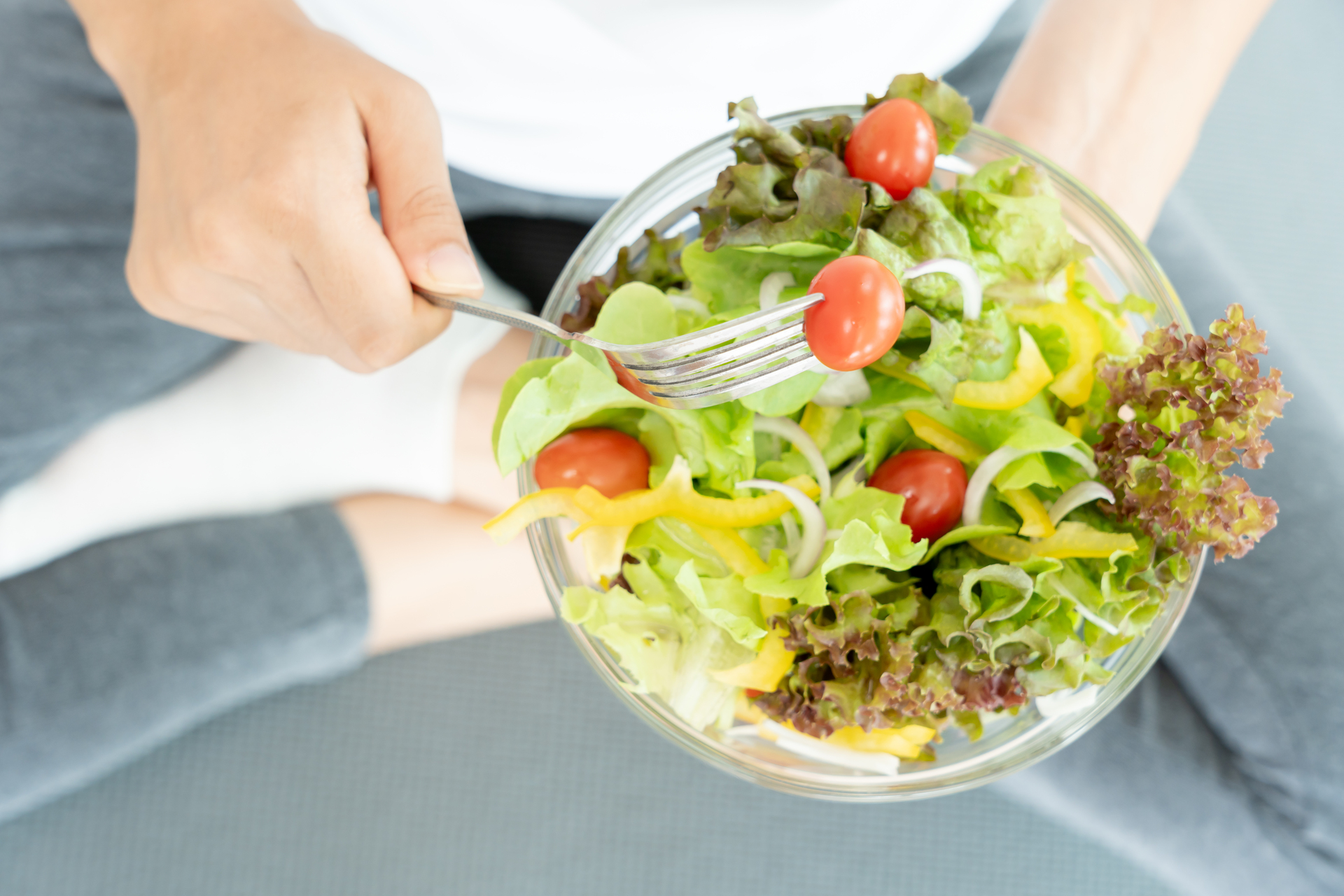Answer:
Vegetables provide essential vitamins, minerals, and fiber. Eating raw vegetables and salads preserves natural enzymes and nutrients, aids digestion, and boosts the immune system. However, if not washed thoroughly or prepared hygienically, raw vegetables can transmit various diseases through the digestive tract.
Raw vegetables can harbor parasites like roundworms, whipworms, liver flukes, and amoebic cysts. Roundworms can cause stomach aches, nausea, diarrhea, and prolonged digestive disorders. Liver flukes damage the liver, causing pain in the right upper quadrant, liver enlargement, and impaired liver function. Amoebas can also cling to vegetables, leading to bloody mucus in stools and abdominal cramps.
Furthermore, E. coli, cholera, typhoid, viruses like hepatitis A, and rotavirus exist in the environment, particularly in soil, water, or human and animal waste. These pathogens can adhere to the surface of raw vegetables and other fresh foods, entering the body through ingestion and causing symptoms such as acute diarrhea, vomiting, high fever, and stomach pain. Severe cases can lead to dehydration, liver damage, or systemic infection.
 |
Raw vegetables are rich in nutrients but can carry pathogens, requiring careful preparation. Illustration: Vecteezy |
Rotavirus is a leading cause of acute diarrhea in children under 5. Infected children often experience vomiting and severe diarrhea, leading to serious dehydration. Typhoid can cause dangerous complications like meningitis and gastrointestinal bleeding.
Cholera, caused by the bacterium Vibrio cholerae, results in severe diarrhea and rapid dehydration, potentially leading to cardiovascular collapse and kidney failure if fluids are not replenished promptly. Hepatitis A virus not only causes diarrhea and nausea, but in severe cases, especially in individuals with underlying liver disease or weakened immune systems, it can lead to fulminant hepatitis and acute liver failure.
To safely consume raw vegetables and salads, soak them in diluted saltwater or a specialized vegetable wash for at least 10-15 minutes, then rinse thoroughly under running water. Prioritize organic and hygienically sourced vegetables with clear origins. Limit consumption of raw vegetables at restaurants if their preparation process is unclear.
Vaccines can prevent some of these diseases. The rotavirus vaccine is recommended for infants from 6 weeks old, with varying age limits: Rotarix and Rotavin up to 6 months, and Rotateq up to 8 months. The cholera vaccine mORCVAX is recommended for children over 2 and adults, with a two-dose schedule, 14 days apart, and a booster every two years. The typhoid vaccine Typhim VI is for children over 2 and adults, administered as a single dose with a booster every three years.
The hepatitis A vaccine is available in single and combined forms for children over 12 months and adults. Two to three doses are needed depending on the vaccine type and age. Twinrix (Belgium) protects against both hepatitis A and B. Twinrix requires two doses for children aged 12 months to under 16, and three doses for those 16 and older.
Doctor Nguyen Tien Dao
Medical Manager, VNVC Vaccination System
Readers can submit vaccine-related questions for doctors to answer here.












